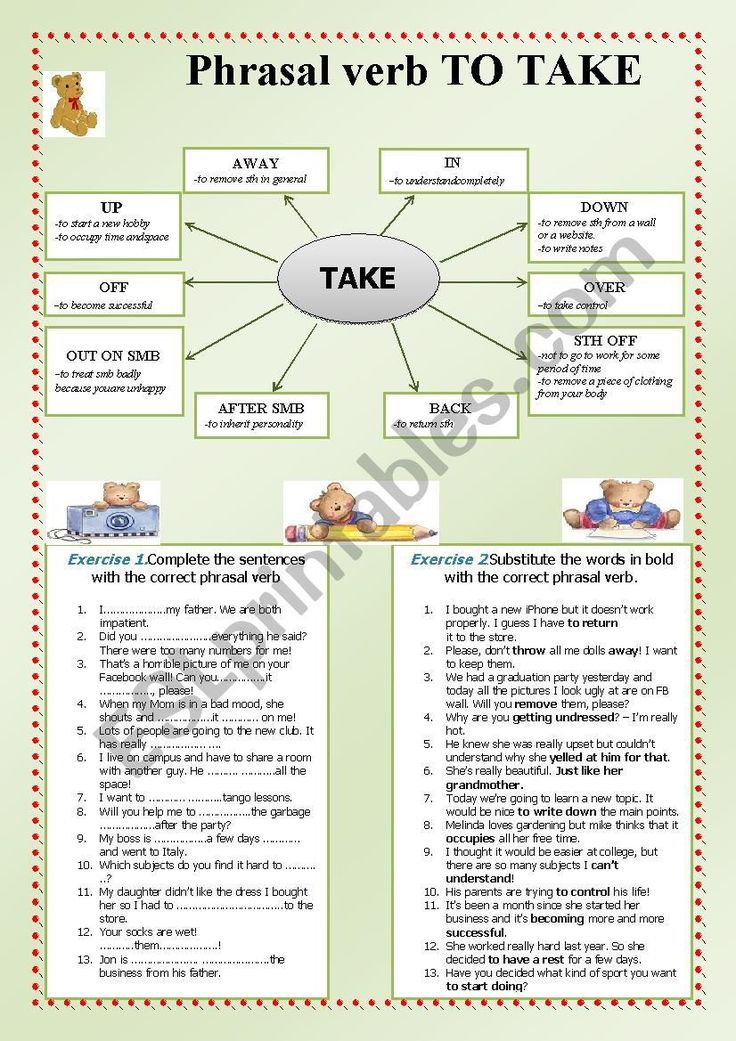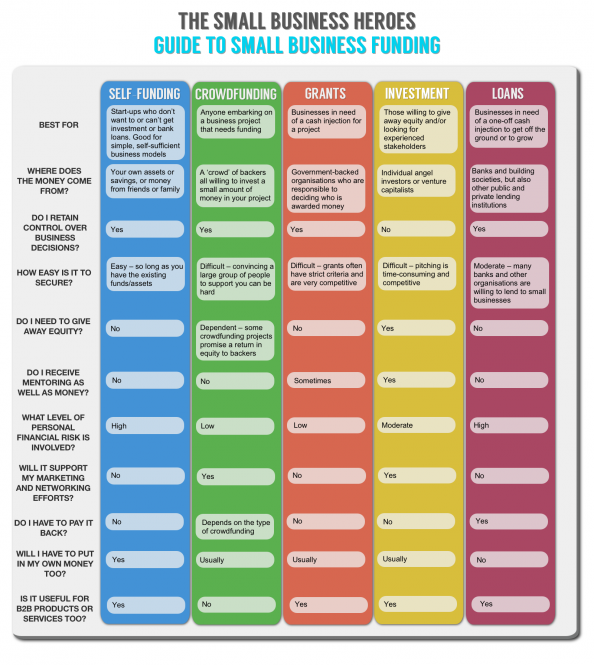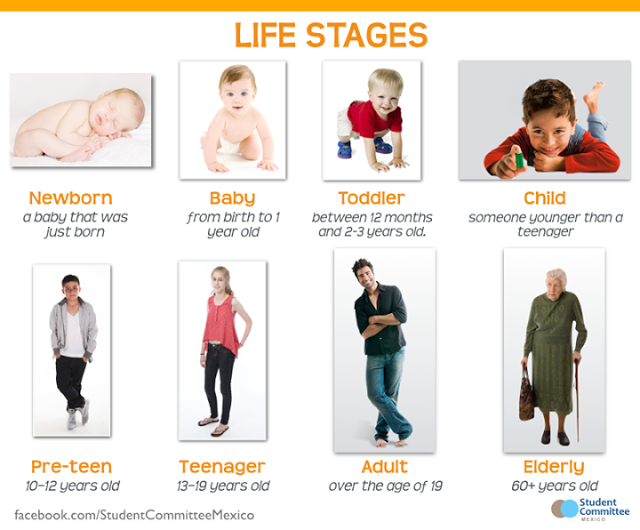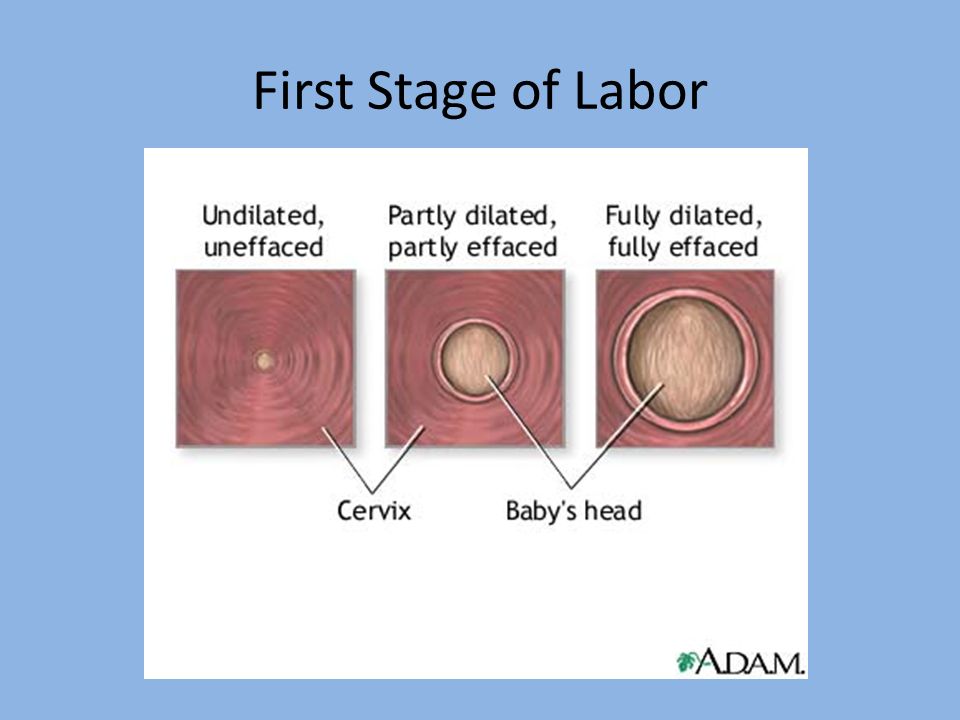How is child support affected by joint custody
Who pays child support in joint custody?
Do you pay child support with joint custody?
The short answer is: yes. Shared parenting arrangements that include joint physical custody do not negate child support obligations between parents. But there are many key factors that may affect the amount of child support owed.
When one parent has sole physical custody, typically the other, non-custodial parent will be responsible for making child support payments.
These child support payments help the custodial parent with providing shelter, food, clothing, and other necessities for their children. Learn more about what’s covered by child support in this article.
When physical custody is shared, however, both parents will be providing those basics to their children independently. That fact may lead some co-parents to believe that their state's child support laws will not apply to them, but that's simply not the case.
Certain states do allow judges discretion over when it's appropriate to deviate from the state's child support formulas, and some may choose to do so for situations that involve joint physical custody. But that's not a guarantee and a deviation from standard child support formulas could still involve one parent being responsible for child support payments in some form.
Income Shares Model
The income shares model uses the combined monthly income of parents and the number of children to determine child support obligations. Once the child support obligation is determined, the court uses the parents’ proportional contributions to the combined monthly income to divide the obligation between them.
There is a refined version of the Income Shares model, called the Melson Formula, that also takes a parent's ability to meet their own basic needs into account when calculating child support obligations. The Melson Formula is only used by three states: Delaware, Hawaii, and Montana.
Parenting time
Amount of time affects child custody. Many states have provisions in their child support laws that take the allocation of parenting time into account when calculating child support obligations.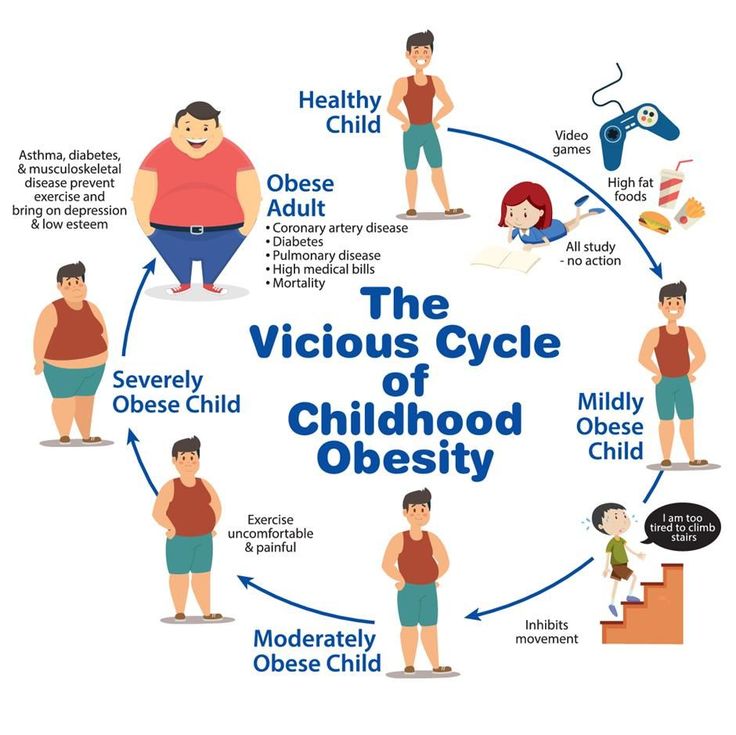
Even parents who do not have an equal 50/50 split in parenting time may see a reduction in their child support payments.
When determining how parenting time should affect child support obligation, courts frequently use the number of overnights each parent has with their children. Many court websites have parenting time calculators or worksheets to help co-parents determine the number of nights each has for a certain year.
Certain states also take 'equivalent care' into account when modifying child support obligations. Equivalent care, which may be referred to by a different term in your state, is time spent with one parent that does not include overnight stays but during which the parent still incurs expenses roughly equivalent to parenting time with an overnight stay.
Parent Income
In certain situations where parents have equal amounts of parenting time and also have roughly equal income, it may be the case that no child support is paid between co-parents.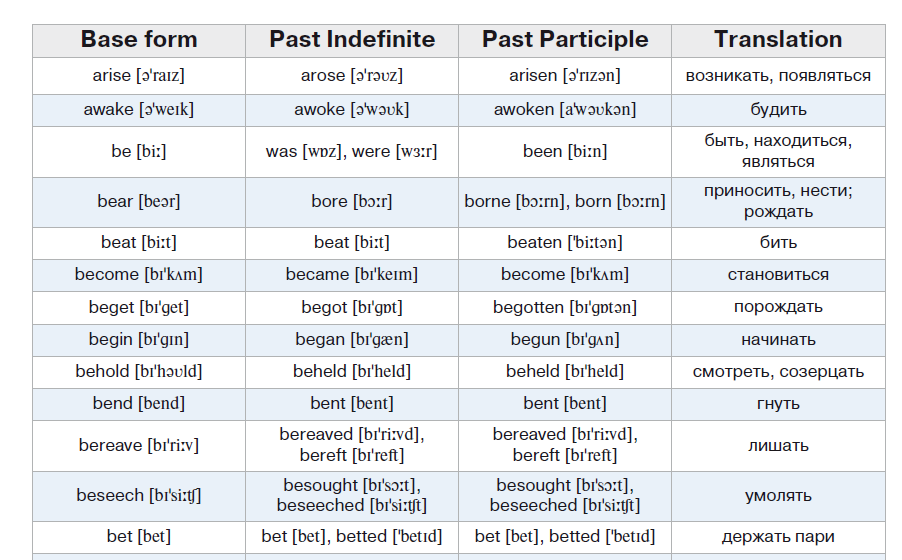 If co-parents come to collaborative custody agreements that no child support is to be paid between them, some courts may be able to accept that agreement if, and only if, they determine that it's in the best interests of the child.
If co-parents come to collaborative custody agreements that no child support is to be paid between them, some courts may be able to accept that agreement if, and only if, they determine that it's in the best interests of the child.
However, if there are differences in income between parents, that will have an effect on the amount of child support owed.
Family law is complicated, and child support laws are even more complicated with many added factors that have the potential to affect the calculations of child support obligations.
It's absolutely vital that parents consult a legal professional and trusted law firm in their area about their own child support issues.
How to Prevent 50/50 Custody?
Sometimes a parent would like to prevent joint physical custody. The most essential aspect of joint custody is that a custody agreement may be modified at any time if one parent can demonstrate a change in circumstances.
Reasons for Not Gaining Primary Physical Custody or Joint Physical Custody
Many courts favor joint physical and legal custody for both parents because it is in the child's best interests to have a connection with both parents.
However, if the sole best interest of the kid is to be given physical custody to a single parent, the court will do so.
For example, if one parent has a history of maltreatment or neglect that might endanger a child or children, shared physical custody may be denied.
Additionally, courts might refuse shared physical custody if one parent has substance abuse or mental health issues that would prevent them from providing adequate care for their kid.
Even if you are granted sole physical custody, the court will continue to work hard to include the other parent back into your child's life by allowing them visitation rights, supervised if necessary, or directing mediation and therapy.
Because it offers a considerably better outcome for the kid, most psychological experts and legal professionals advocate joint custody.
There are a variety of reasons why a parent might not acquire shared physical custody. The following are some examples:
- Incarceration – if one parent is incarcerated or in jail, they are physically unable to provide a home or care for them.
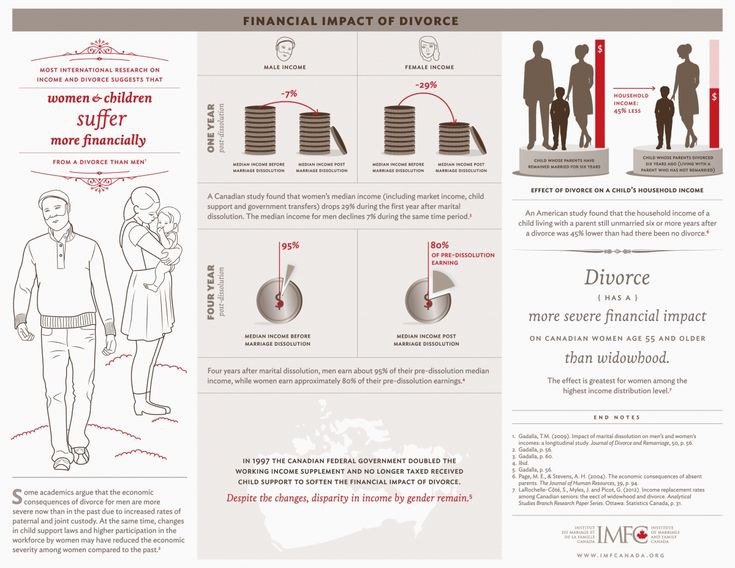
- Relocation - If one parent has plans to move from the state or country, the court may find that it is best for that child to stay in sole custody with the parent that is not relocating.
Reasons for Not Gaining Sole Legal Custody
The issues that might prevent a parent from receiving shared legal custody are comparable to those that might prevent them from obtaining shared physical custody.
- Relocation
- Mental health issues
- Domestic violence
- Ongoing drug or alcohol abuse
- Child abuse, maltreatment, or neglect
- Incarceration or jail time
Child Custody is Complex and for Family Law Experts
The most important thing to know about joint custody is that any custody agreement may be altered at any time if one parent files a petition and demonstrates a change in circumstances. Custody is a difficult topic, and the rules differ by state and jurisdiction. If you have concerns about custody, we recommend that you speak with an experienced family law attorney in your region to learn more.
How is child support calculated when joint physical custody
There are several types of joint custody in California. In the most common joint-custody arrangement, both parents share physical custody and legal custody of the child. This means that both parents are involved in the child’s day-to-day life, and both parents make important decisions regarding education, health care, and religion. The child may live with one or both parents.
For many families, sharing custody is the best decision for both the parents and the children. However, parents may also wonder how joint custody will affect their ability to support their children.
Can a parent still receive California child support when there is joint custody?
Yes. The State of California believes that both parents have a duty to provide financial support to a child.
When one parent has sole physical custody, the non-custodial parent is usually ordered to pay child support. When both parents have physical custody, child support is based on other factors, such as the time spent with each parent and each parent’s income.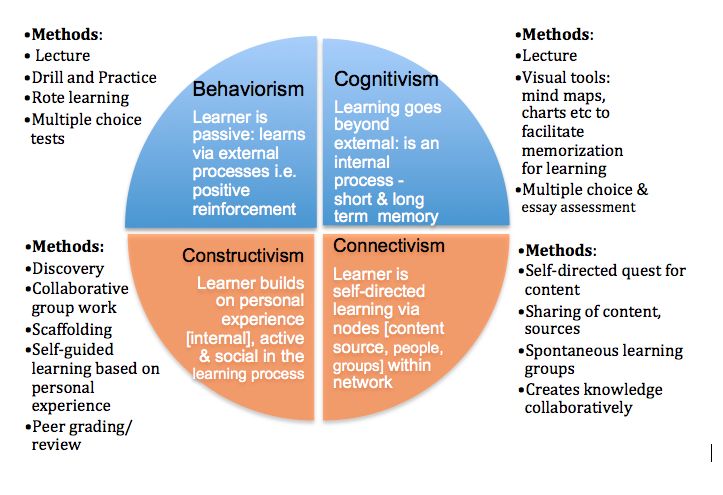 In some cases, the parent who has the children the majority of the time receives child support from the other parent. In other cases, the parent with the higher income is ordered to pay child support to the parent with the lower income.
In some cases, the parent who has the children the majority of the time receives child support from the other parent. In other cases, the parent with the higher income is ordered to pay child support to the parent with the lower income.
Some parents are able to work out a support arrangement without involving the courts. However, it is often better for both parties to have a legal agreement in writing. California uses both income and parenting time when calculating child support in cases where parents share custody. Unless you let the court know the percentage of time that the child spends with each parent, a 50-50 split will be assumed. Support is determined initially using a child support calculator, but adjustments can be made for education costs, child care needs, and a child’s special needs. Let your San Francisco divorce attorney know if there are any special factors that should be taken into consideration when calculating support for your children.
Child Custody Considered In Child Support Calculation
Many people believe that child support is not granted when both parents share physical custody of a child.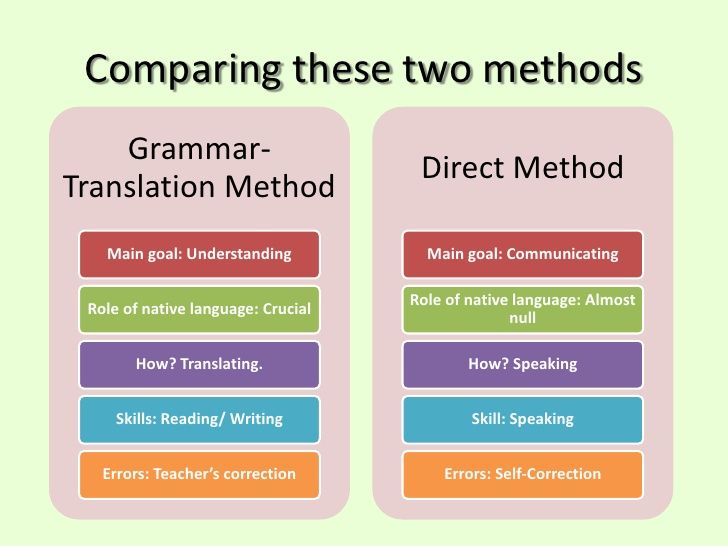 However, while child custody is considered in a child support calculation, it is not unusual for one or both parents to be ordered to pay child support even when they share joint custody of the child.
However, while child custody is considered in a child support calculation, it is not unusual for one or both parents to be ordered to pay child support even when they share joint custody of the child.
Child support refers to periodic payments made by a parent for the financial support and care of a child. When one co-parent has sole custody of their child, the non-custodial co-parent is usually ordered to pay child support to the custodial co-parent. In joint custody, a child is considered to have two custodial parents. In most cases, the parent with the higher income pays support to the parent with the lower income. But, there are exceptions.
Other factors that affect the amount of child support paid include:
- The amount of time each parent spends with the child
- Tax factors
- The number and age of children living in the home
- Education and child care needs
- The child’s special needs
- The expenses involved in maintaining each home
California Child Custody, Tax Deductions, and Your Rights
U. S. tax law offers certain tax breaks to taxpayers with children. These include a higher standard deduction, an exemption for each child, a child tax credit, and a deduction for child care and educational expenses. When you were married, you and your husband shared these deductions. Once you are divorced, the deductions can no longer be shared. Although you and your ex share your child’s expenses, IRS rules allow only one parent to claim the child on their taxes. In most cases, the custodial parent gets the deduction. There are all kinds of California child custody agreements. You may have sole physical custody, or you may share physical custody with your ex. You may have sole or joint legal custody. The IRS considers the parent with whom the child spends the most nights to be the custodial parent.
S. tax law offers certain tax breaks to taxpayers with children. These include a higher standard deduction, an exemption for each child, a child tax credit, and a deduction for child care and educational expenses. When you were married, you and your husband shared these deductions. Once you are divorced, the deductions can no longer be shared. Although you and your ex share your child’s expenses, IRS rules allow only one parent to claim the child on their taxes. In most cases, the custodial parent gets the deduction. There are all kinds of California child custody agreements. You may have sole physical custody, or you may share physical custody with your ex. You may have sole or joint legal custody. The IRS considers the parent with whom the child spends the most nights to be the custodial parent.
What if your California child custody order splits time equally between the parents?
In this case, the parent with the highest adjusted gross income gets to claim the child.
If you are the custodial parent, you can choose to give your ex-spouse the right to claim your child or children as a dependent.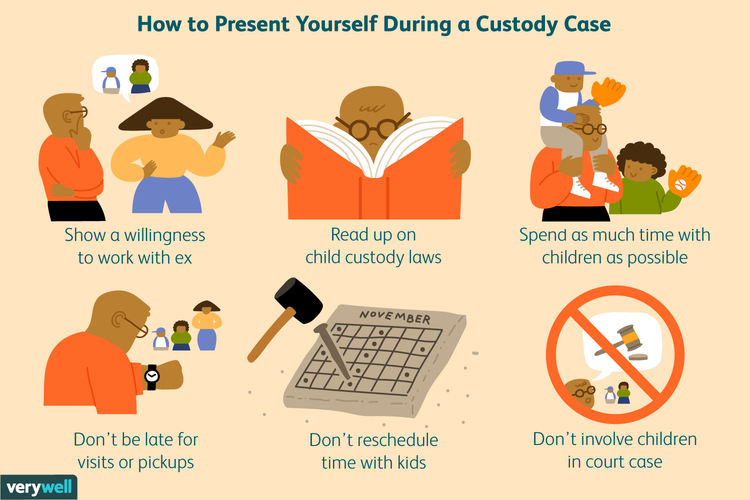 In fact, when there is more than one child, divorced parents may opt to split the deductions so that everyone benefits. To do this, you must fill out IRS Form 8832. You can specify whether you are giving up the deduction for one year or multiple years. Your ex-spouse must then attach the form to his income tax return.
In fact, when there is more than one child, divorced parents may opt to split the deductions so that everyone benefits. To do this, you must fill out IRS Form 8832. You can specify whether you are giving up the deduction for one year or multiple years. Your ex-spouse must then attach the form to his income tax return.
Some California divorce agreements require that the custodial parent give up the right to a tax exemption through Form 8832.
Every situation is different. If you have questions about your own California child support case, please contact the Marin County divorce attorneys at The Law Offices of Paul H. Nathan. Our women-only divorce attorneys fight hard to make sure mothers get the financial support they need. To schedule an appointment, call us at 415-341-1144.
90,000 joint custody of the child (pluses, minuses)
#1
#2
Guest
in the west works.
Children live 50/50.
But this is necessary so that the living conditions allow.
And to approach the question without emotion.
How will it affect children?
Many questions.
#3
#4
#5
Guest
This guardianship is not suitable for women. Babs need both money and a child. And so they are not only deprived of money, but also the child does not live half with her. Half its influence is curtailed.
#6
#7
I am the sole
guest. To communicate with the father with him and money only for the child, I would agree. But I can't give a child 50/50. nine0005
To communicate with the father with him and money only for the child, I would agree. But I can't give a child 50/50. nine0005
#8
Sammy
This topic has been posted 500 times already. This is all theory, nothing more. Ideally, both parents invest a share of their time and a share of their finances in their offspring. Well, you always write some kind of heresy "does not want to pay with money, so let him" pay "by living / communicating with the child." In fact, it turns out that investing finances / time is either the one who wants it, or the one who has no choice (as an example, the child who was not really needed by the mother after the divorce, whom she gave birth to on an aerial basis / by accident / "Schaub was like everyone else "or so that the husband does not leave). nine0005
#9
#10
Guest
If a man does it. And this will be comfortable and psychologically to go there .And if the mother trusts, and won’t worry that she doesn’t see the child for 2 weeks. Then yes. But then I would have refused the money better if she doesn’t want to give than to give the child for 2 weeks to no one knows where, the man probably also has a woman, If she is very busy with work, will she be able to devote proper time to the child. If you do not want to pay child support, you can buy food, clothes, etc. for the child. nine0005
And this will be comfortable and psychologically to go there .And if the mother trusts, and won’t worry that she doesn’t see the child for 2 weeks. Then yes. But then I would have refused the money better if she doesn’t want to give than to give the child for 2 weeks to no one knows where, the man probably also has a woman, If she is very busy with work, will she be able to devote proper time to the child. If you do not want to pay child support, you can buy food, clothes, etc. for the child. nine0005
#11
#12
Guest
If a man can handle it. And this will be comfortable and psychologically to go there .And if the mother trusts, and won’t worry that she doesn’t see the child for 2 weeks. Then yes. But then I would have refused the money better if she doesn’t want to give than to give the child for 2 weeks to no one knows where, the man probably also has a woman, If she is very busy with work, will she be able to devote proper time to the child.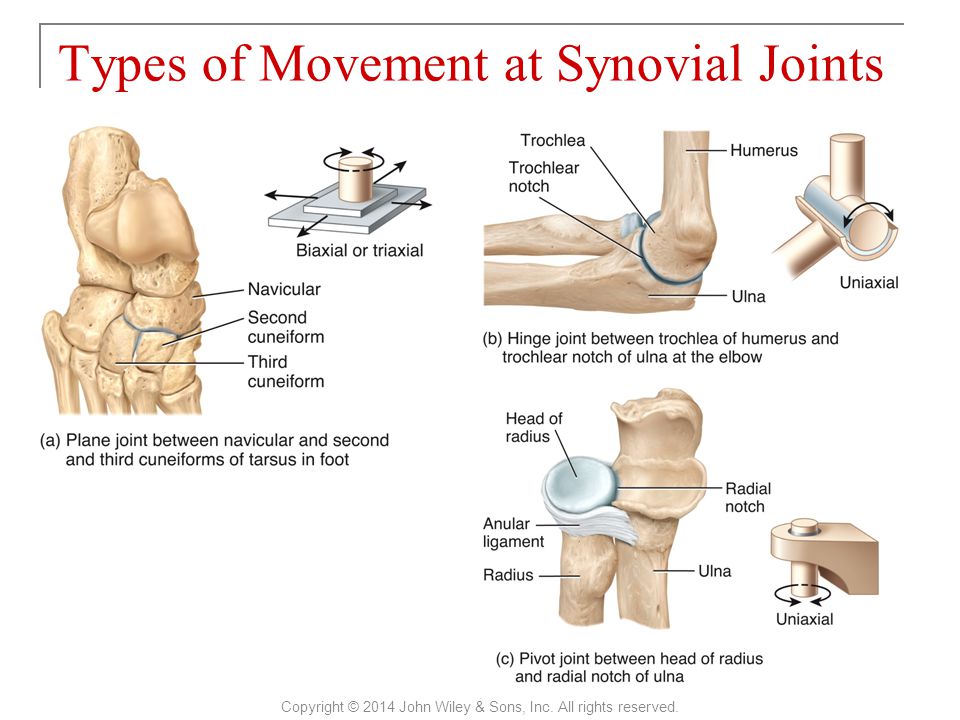 If you do not want to pay child support, you can buy food, clothes, etc. for the child. nine0005
If you do not want to pay child support, you can buy food, clothes, etc. for the child. nine0005
#13
Guest
The child is so drawn to them, laughs, jokes, rejoices at least a little attention, even though he would see his father alive.
#14
Guest
Why would a man buy de facto food and clothes for someone else's child? What good does it do him?
#15
Sun City
And what does "if mom trusts" mean?
A child is not property or property. He has two parents. Should dad trust?
The issue of the conditions created for the child is checked by the guardianship authorities, and not mom / dad / trusts.
You have a consumer attitude towards children, this is not good.
#16
Guest
Why would a man buy de facto food and clothes for someone else's child? What good does it do him?
#17
#18
Guest
Wang probably won’t be pleased either if the ex-wife brings some kind of shalapy who will command your child, and this is not the worst thing. So mom will not be calm in her heart, how does someone else’s aunt treat the child that she and What the hell is not needed. And the services that live and spend the night with you every day will begin to check. You gave them up. nine0005
#19
Serg_iz_spb
In principle, yes, it will decide, but only if the child does not need to be paid attention for 24 hours (kindergarten, school), otherwise no.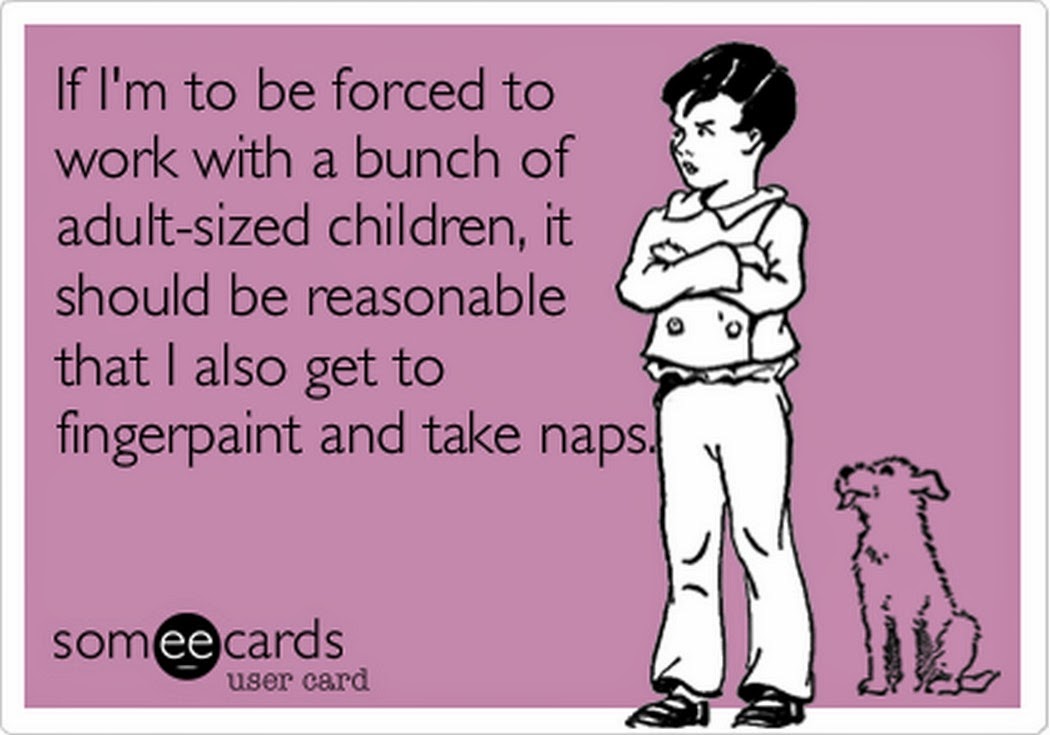
#20
Sun City
This is not heresy. Heresy is what you write. In many countries, the issue of alimony and participation in the upbringing of children is resolved more reasonably than in Russia. For example, in some countries they pay not 25%, but the amount needed by the child. It can be 5% and 10% and 20% (depending on the parent's income, the higher the income, the lower the percentage), there is also joint custody. The main thing is the child, therefore, the regulations are prescribed in such a way as to minimize the tension between the parents (this also affects the child). nine0005
#21
Sun City
Guardianship only checks the created conditions. This is the norm for any country.
Joint custody helps to separate in a way that is in the best interests of the child. That's just not to endure each other. Someone else's aunt and someone else's uncle is not as scary as scandals in the house with a child. It's just that we, Russians, lag behind the world in development, it is still difficult for us to perceive this.
That's just not to endure each other. Someone else's aunt and someone else's uncle is not as scary as scandals in the house with a child. It's just that we, Russians, lag behind the world in development, it is still difficult for us to perceive this.
#22
Guest
Maybe then it’s better not to make trouble with yourself. How will you act then, and if you are strongly attached to your mother and you will be bored, then what will you tear off with screams.
Woman.ru experts
- nine0006 Kremenetskaya Maria
Speech therapist - defectologist
12 answers
-
Maxim Sorokin
Practicing psychologist
831 answer
- nine0006 Vladimir Titarenko
Fitness nutritionist
38 answers
-
Maria Burlakova
Psychologist
284 answers
- nine0006 Ivanova Svetlana
Coach
49 answers
-
Osipova Ksenia Andreevna
Psychologist
1 answer
- nine0006 Anna Antonchik
Female psychologist
76 responses
-
Maria Sinyapkina
Sexologist
40 answers
- nine0006 Klimkova Tatyana
Psychologist
80 answers
-
Galimov Ildar
Family psychologist
271 answers
#23
Sammy
I've already explained how idiotic your joint custody is. You again "but in other countries ...". Divorce due to alcoholism / sadism / indifference of the second parent (father / mother, it doesn’t matter)? Well, how to give him a child for 50%? The second parent DOES NOT WANT to communicate with the child after the divorce. And what, to shove a child to him by force, so that he would "educate"? In the best case, the child will be transferred to grandparents. And your phrase "as much money as the child needs" is generally a MASTERPIECE! And how much does a child need, you can specify? In Russia, the average salary is 25-30 thousand, even half of the salary from each parent is only 28 thousand. Well, is this enough per month for a child? nine0005
You again "but in other countries ...". Divorce due to alcoholism / sadism / indifference of the second parent (father / mother, it doesn’t matter)? Well, how to give him a child for 50%? The second parent DOES NOT WANT to communicate with the child after the divorce. And what, to shove a child to him by force, so that he would "educate"? In the best case, the child will be transferred to grandparents. And your phrase "as much money as the child needs" is generally a MASTERPIECE! And how much does a child need, you can specify? In Russia, the average salary is 25-30 thousand, even half of the salary from each parent is only 28 thousand. Well, is this enough per month for a child? nine0005
#24
Guest
Maybe then it’s better not to make a fuss. like something, and just don’t want to go at all. How will you act then, and if you are strongly attached to your mother and you will be bored, then what will you tear off screaming.
Uninvented stories
-
My husband and his children and grandchildren piss me off...
905 answers
-
0329
780 responses
-
Such a salary - I don't want to work
534 responses
-
A lie 22 years long. How to destroy?
809 answers
-
Husband left, 2 months of depression... How will you cope if you are left all alone?
181 Answer
#27
Guest
may then take yourself to scandal yourself. Step attitudes in the family. Not always a stepfather and the stepmother is good.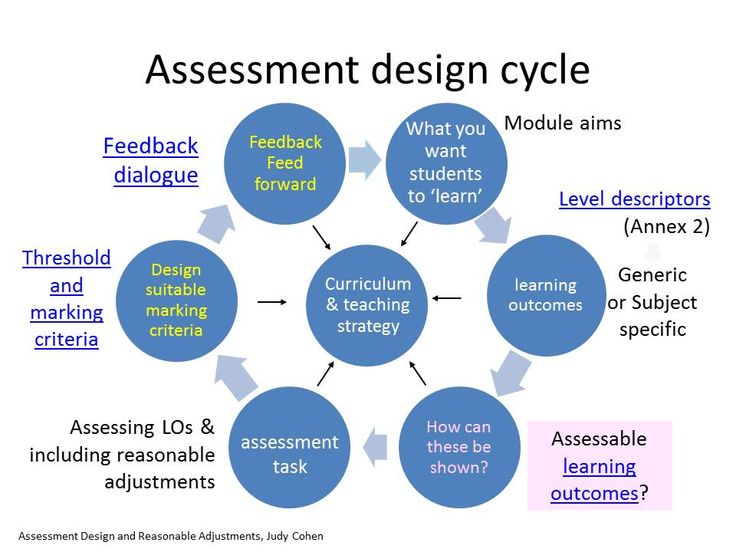 And if the child is older and doesn’t like something, she won’t want to go at all. all with parents. nine0005
And if the child is older and doesn’t like something, she won’t want to go at all. all with parents. nine0005
#28
Serg_iz_spb
I think it's not about marginals. And about people who are not ready to part with their children, but cannot live with their ex-spouse.
#29
Leo
My ex and I have joint custody of our children. A week with her, a week with me. Vacations and holidays according to the schedule. If someone is going on vacation and wants to take their children with them, then they have priority. nine0005
#30
Sammy
People who just don't want to live with their spouse just talk about everything.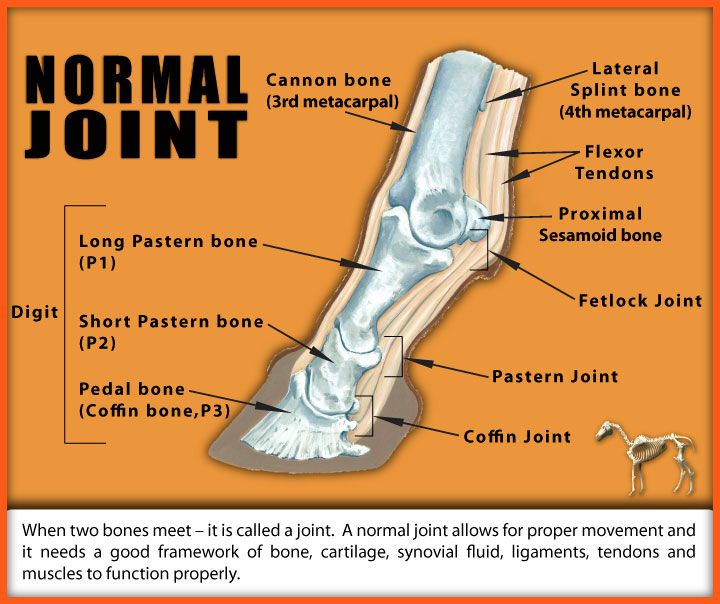 And divorces are precisely because of the "outcasts" (the majority), and not simply because "I do not want to live with my husband / wife."
And divorces are precisely because of the "outcasts" (the majority), and not simply because "I do not want to live with my husband / wife."
#31
none. stupid question :)0005
Of course, it's better when a child lives with mom and dad. But we are looking at the fact Divorce. Further regulation is legislative. It is clear that the laws in their current form are behind the times and work inefficiently. But society is not ready for everything that works effectively in civilized countries with a civilized society.
Yes, we are lagging behind (what is there to hide) as a country and as a people, so we need to take into account our society, and not take tracing paper from the best countries.
#33
Sunny city
A child in joint care will be tied to both parents. Attached to his mother - a weak argument, because he lives with her.
Attached to his mother - a weak argument, because he lives with her.
#34
Sunny city
Mom can visit the child with dad, dad can visit with mom. By the age of 6, this need, as a rule, disappears and the child lives normally for a month / month.
But any comments are important, write.
#35
#36
Sun City
But you have your consent. This is amazing. Not all mothers are ready to take such a step even towards adequate fathers. You still have to pay child support. But the fact that they found a common language is commendable.
Write more about your case.
New topics
-
Fell, husband called an empty place
6 answers
-
Women's infidelity.
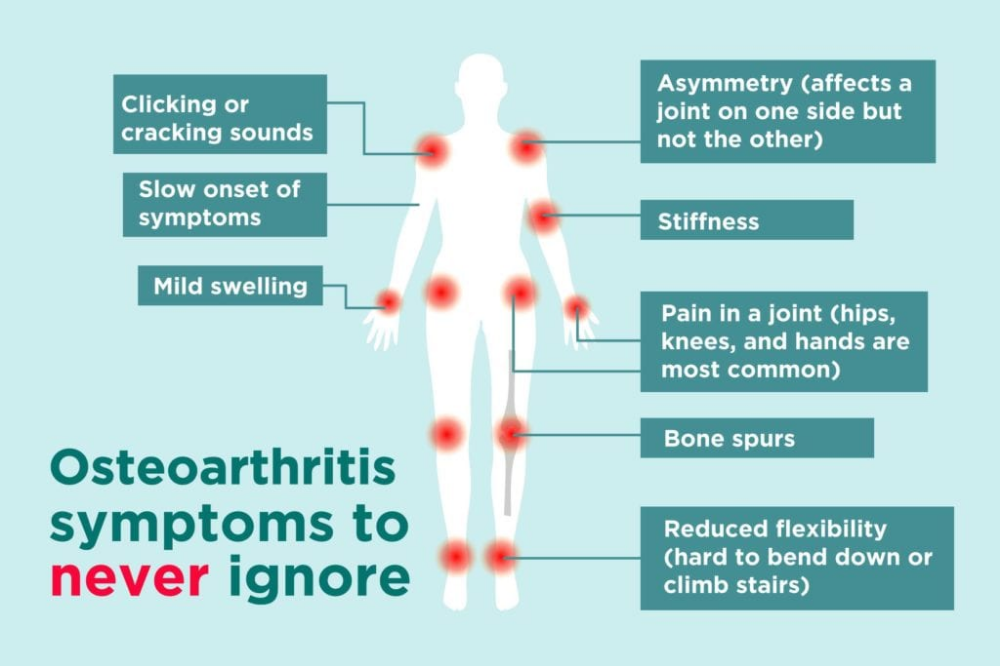
5 answers
-
My husband scared, I am shocked
9 answers
-
Alimony, property sections
5
- 9000 9000 9000 9000 9000 9000 9000 9000 9000 9000 9000 9000 9,000 9 responses
#37
Sammy
I've already explained how stupid your joint custody is. You again "but in other countries ...". Divorce due to alcoholism / sadism / indifference of the second parent (father / mother, it doesn’t matter)? Well, how to give him a child for 50%? The second parent DOES NOT WANT to communicate with the child after the divorce. And what, to shove a child to him by force, so that he would "educate"? In the best case, the child will be transferred to grandparents. And your phrase "as much money as the child needs" is generally a MASTERPIECE! And how much does a child need, you can specify? In Russia, the average salary is 25-30 thousand, even half of the salary from each parent is only 28 thousand.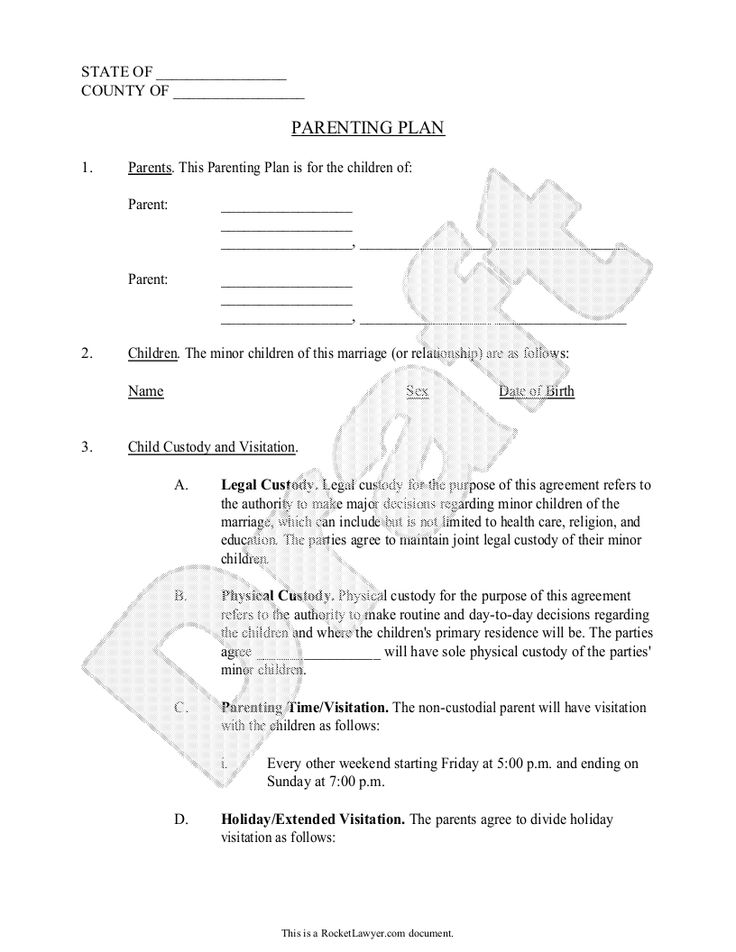 Well, is this enough per month for a child? nine0005
Well, is this enough per month for a child? nine0005
#38
Guest
"And also, at what age do you consider it normal for a child to live in joint custody?" -
from none. stupid question :)
#39
Sammy
People who just don't want to live with their spouse just talk about everything. And divorces are precisely because of the "outcasts" (the majority), and not simply because "I do not want to live with my husband / wife." nine0005
#40
Guest
It is not a fact that in those countries they act correctly in this way.
#41
Sun City
Why? For example, in European countries, children suffer less from the wars of their parents. Just the legislative framework contributes to this.
Just the legislative framework contributes to this.
#42
Guest small, how is he. And also jealous of a new wife. nine0005
#43
Sunny city
Is the problem with mothers and their jealousy?
It is clear that only a good father would want to take custody. Others will not pass the filters of guardianship authorities. Problem with women?
#44
#45
I don’t know, but I would not give it for a month or 2 bills. there is no such law anymore. . nine0005
#46
Guest
I don’t know.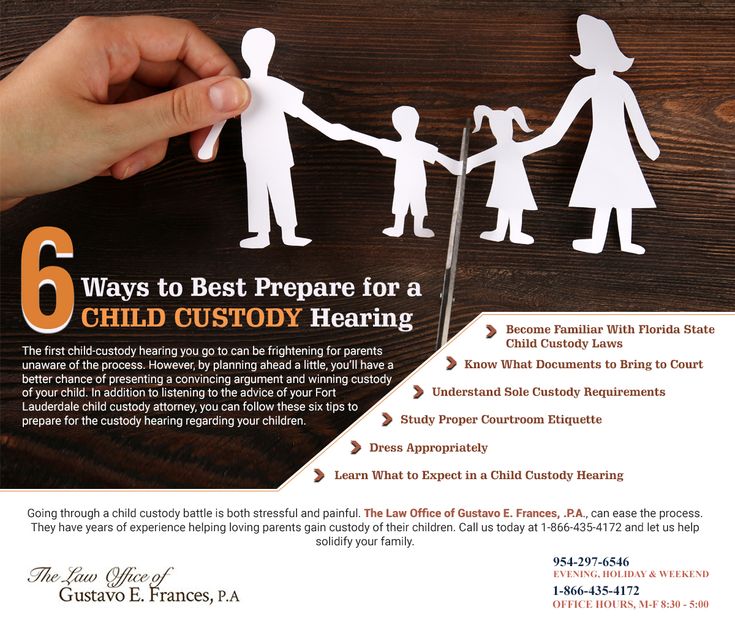 the child may be stressed. For good, it’s dad who needs to negotiate with mom so that he doesn’t worry. The child would stretch. Then it’s possible.
the child may be stressed. For good, it’s dad who needs to negotiate with mom so that he doesn’t worry. The child would stretch. Then it’s possible.
#47
On the topic: you argue from the point of view of an adult, not taking into account the psyche of the child and his interests. Most of the parents who think this way are cut down only for alimony. This is very one-sided and frankly pathetic. And as a rule, the man is soared with such questions. nine0005
As a mother of two sons, I think joint custody is nonsense. For many facts.
#48
Sunny City
The baseless claim that "most" fathers are marginal gives fathers the right to also baselessly claim that most mothers are "marginals".
It's a road to nowhere.
We do not discuss personal grievances against men, only about the interests of children.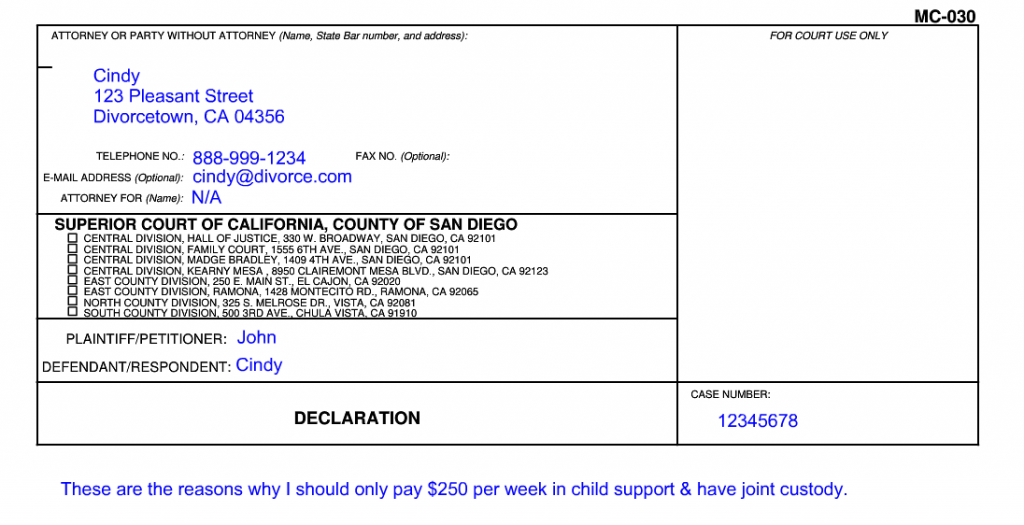
Thank you for your understanding in advance. nine0005
#49
Ladushka
Vryatli someone wants to go himself, there is a conflict.
2. Such living will lead to psychological problems in the child, to live in two houses, read it, it pulls a lot of things that are not good for the child's psyche. According to judicial practice, such residence is not permissible
3. Who is responsible for the child if he broke his leg while being with his father / mother? nine0017 4. If the child has a disease that requires constant care, moving is problematic,
5. Who dresses the child? Both? Or does mom dress and send dressed to dad, and dad doesn’t care? Or does each parent have their own wardrobe for the child according to his taste?
On the topic: you argue from the point of view of an adult, not taking into account the psyche of the child and his interests. Most of the parents who think this way are cut down only for alimony. This is very one-sided and frankly pathetic. And as a rule, the man is soared with such questions. nine0005
Most of the parents who think this way are cut down only for alimony. This is very one-sided and frankly pathetic. And as a rule, the man is soared with such questions. nine0005
As a mother of two sons, I think joint custody is nonsense. For many facts.
There is a problem. The legislation is imperfect. Now looking for ways.
Alimony is an important issue, you need to support children. For example, in Germany, the amount of alimony is from 9% and is ranked depending on the income of the parents. In the US, the income of both parents is taken into account. 25% is an outdated norm, discriminatory. But the main issue is the children, and not the protection of the interests of a particular parent. This is a complex issue and requires very careful study. nine0017 Only opinions here. Yours has the right to life.
#50
Sammy
You read the comment superficially.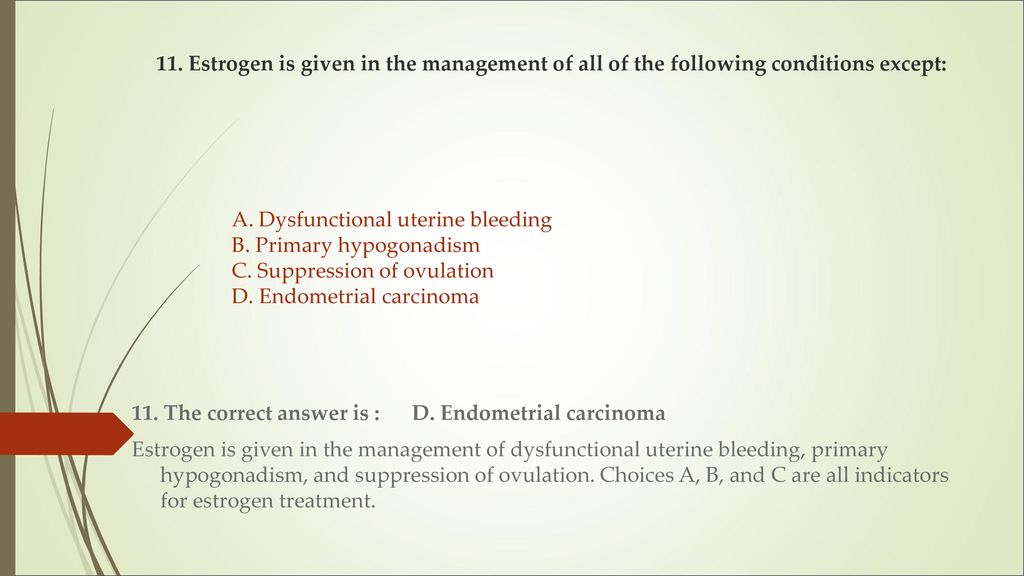 I did not write that all fathers are marginal, I did not indicate the gender of the parent at all. I said that divorces are mainly due to the "marginality" of one or another parent (no need to argue with me, I had to deal with social workers and cops at work, I had seen enough of this, which was enough for a lifetime, while most deformed parents would be considered normal people). Naturally, the second parent does not want the child to intersect with the first. There are too many "buts" in your joint custody, and with such initial data this issue cannot be resolved. I repeat, normal parents will agree on their own, and it is useless to "balance" the inadequate by law, because it is simply dangerous for the child to be with them (or it is undesirable, so as not to "pick up" habits from the father / mother). nine0005
I did not write that all fathers are marginal, I did not indicate the gender of the parent at all. I said that divorces are mainly due to the "marginality" of one or another parent (no need to argue with me, I had to deal with social workers and cops at work, I had seen enough of this, which was enough for a lifetime, while most deformed parents would be considered normal people). Naturally, the second parent does not want the child to intersect with the first. There are too many "buts" in your joint custody, and with such initial data this issue cannot be resolved. I repeat, normal parents will agree on their own, and it is useless to "balance" the inadequate by law, because it is simply dangerous for the child to be with them (or it is undesirable, so as not to "pick up" habits from the father / mother). nine0005
Guardianship - Organization of visits (time of stay)
Contents
When two spouses have children in common (married or in common-law union), it is customary to determine the days and times when each parent will spend time with the children. It was also determined in which house the children would live during the week. Sapir Ben Eliyahu Law Office specializes in drafting this part of the divorce agreement, understanding that the best interests of the children are the highest value in the courts. Below we will explain in detail the concept of guardianship and its implications for another aspect of divorce, the payment of alimony. nine0005
It was also determined in which house the children would live during the week. Sapir Ben Eliyahu Law Office specializes in drafting this part of the divorce agreement, understanding that the best interests of the children are the highest value in the courts. Below we will explain in detail the concept of guardianship and its implications for another aspect of divorce, the payment of alimony. nine0005
What is child custody?
Custody of a child is the division of time children spend between parents, where joint custody (equal parental responsibility) or primary custody can be determined, in whose home the children live, and it is also the official address for the purpose of determining the educational institutions in which the child will study. In the presence of joint custody, with equal conditions of visitation and accommodation in both homes, the parents can determine among themselves what the official address of the child will be. nine0005
Guardianship or time of stay?
Today, it should be noted that the words "guardianship" and "guardianship" are used less frequently.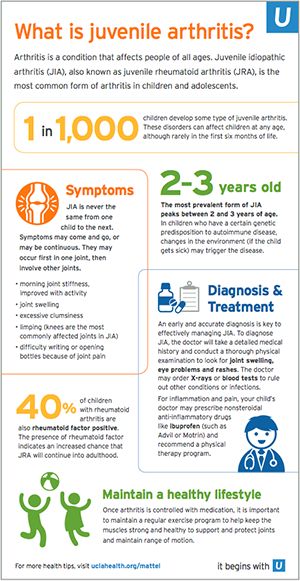 The move to express stay in the Rules (procedures) of the Family Court for 2020-2021 can be seen in section (3)15, which deals with remedies in connection with various claims, which states: “A claim in the case of a minor, including a request for a settlement that provides for the time of stay, education, contact between the minor and his parent or other relative ... In accordance with the Law on Legal Capacity and Guardianship. As you can see, in this regulation, instead of the phrase “guardianship”, the phrase “time of stay” appears. nine0005
The move to express stay in the Rules (procedures) of the Family Court for 2020-2021 can be seen in section (3)15, which deals with remedies in connection with various claims, which states: “A claim in the case of a minor, including a request for a settlement that provides for the time of stay, education, contact between the minor and his parent or other relative ... In accordance with the Law on Legal Capacity and Guardianship. As you can see, in this regulation, instead of the phrase “guardianship”, the phrase “time of stay” appears. nine0005
When is the word keeper still used?
Despite the tendency of the courts to establish equal parental responsibility, the Israeli authorities still treat one of the parents as a guardian. For example, the decision in TAL 52857-09-20 M. v.M., which referred to its application in case 52896-09-20, noted:
“There it was established that there would be joint parental responsibility for both parties when the mother is custodial parent, but for the purpose of receiving benefits from the authorities.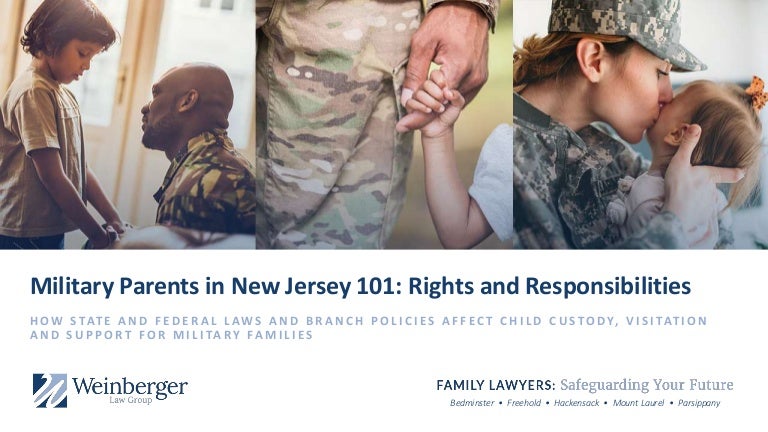 It also stipulates that the separation of the duration of stay (visual events) will take place in such a way that the father picks up the minors on Mondays directly from the educational institution and returns them to the educational institution on Wednesdays. nine0017 Two main issues can be seen from this ruling: the term "custodian" still exists for the purpose of obtaining benefits from the authorities. Furthermore, equal parental responsibility is not necessarily an egalitarian division of visual accommodation time, with father's hours equal to mother's. Later in this article, however, we will use a phrase familiar from guardianship to make it easier for the reader.
It also stipulates that the separation of the duration of stay (visual events) will take place in such a way that the father picks up the minors on Mondays directly from the educational institution and returns them to the educational institution on Wednesdays. nine0017 Two main issues can be seen from this ruling: the term "custodian" still exists for the purpose of obtaining benefits from the authorities. Furthermore, equal parental responsibility is not necessarily an egalitarian division of visual accommodation time, with father's hours equal to mother's. Later in this article, however, we will use a phrase familiar from guardianship to make it easier for the reader.
What types of guardianship are there?
There are three types of child custody:
Joint custody (equal parental responsibility)
An egalitarian distribution of time spent with parents, which does not have to be exactly the same number of hours. Parents share responsibility for the children, they live in both houses (usually) and the children may have an extra room with both parents. This guardianship also affects a more equitable distribution of alimony. You can read a comprehensive article on the subject here. nine0005
This guardianship also affects a more equitable distribution of alimony. You can read a comprehensive article on the subject here. nine0005
Separate custody
When a couple has more than one child in a family, parents may choose to separate the children through sightseeing for the other non-custodial parent and each of the siblings lives in a different home. This method has been used in the past, but is hardly recommended by the courts today due to the importance of the relationship between brothers.
Single or full custody
This type of care has a primary caregiver and the children live in the same household. They visit at predetermined times with the other parent, who pays child support to support them and is responsible for half of the section's expenses. In full custody, the custodial parent owns the children and therefore also has more decision-making power. Typically, in this type of custody, children under the age of six will automatically be placed in the mother's care if she is unable to care for them (due to addiction, abuse issues, mental illness, etc. ). nine0005
). nine0005
Which court has the authority to hear a child custody issue?
The Family Court and the Rabbinical Court are the courts competent to hear custody of children. Therefore, there is usually a "power race" between the two courts, where sometimes a man will seek to go to a divorce hearing, which also involves a child custody issue, and a woman will seek to go to family court.
How is child custody determined? nine0665
The ideal situation is when the custody of the child is determined by agreement between the spouses. However, sometimes a parent who wants to pay reduced support may request "joint custody" for exactly the same length of stay as those in full custody. In this case, the issue will be discussed in court, where the issue of divorce is discussed before a decision is made.
Children under 6, as we noted above, will most often be with their mother most of their time. Older children can be involved in deciding which house they will live in, in a closed discussion in which the judge will hear directly from the child which house they prefer to live in. nine0005
nine0005
In the event of a dispute, the court will decide according to three criteria who will be the custodial parent: parental competence, preference for the children, and the best interests of the child. Economic considerations and the parents' income are taken into account, but the court may balance the scales financially by setting higher child support if the psychologist determines that the other parent's home (with limited economic resources) would be better for the child.
Child custody arrangements
When child custody is determined, stay arrangements are also made. Where there is a primary caregiver, visitation arrangements are made solely for the other parent. Where there is equal parental responsibility (joint custody), the stay arrangements between the parents are determined in advance. When determining the order of stay, such issues as the division of time during holidays and summer holidays, the division of time on weekends, as well as foreign trips are also determined. It is also customary to attach a regulated mechanism in case one of the parents cannot meet the time of stay established for him due to a business trip or for other reasons. nine0005
It is also customary to attach a regulated mechanism in case one of the parents cannot meet the time of stay established for him due to a business trip or for other reasons. nine0005
Can the current child custody arrangement be changed?
It is generally not possible to change an existing child custody arrangement without a real reason for the change. However, if one of the parents moves to a remote city or their working hours change, they can apply to the court to change the arrangement.
It should be noted that a parent that does not regulate these changes in advance may face various sanctions. For example, a custodial parent who prevents the other parent from seeing the child under various pretexts may face a fine. A non-custodial parent who does not meet the terms of child custody stipulated in the agreement may face a sanction for increased support or financial compensation for additional expenses that the custodial parent had (meals, accommodation, babysitting, etc. ). nine0017 Violation that occurs over time, consistently, will result in a change in the order of stay and will result in a change in the agreement, while balancing the expenses of the parents and maintenance payments accordingly.
). nine0017 Violation that occurs over time, consistently, will result in a change in the order of stay and will result in a change in the agreement, while balancing the expenses of the parents and maintenance payments accordingly.
Supervision time
If there is concern about kidnapping or child abuse, time can be scheduled with the parent under supervision and meetings will be held at a designated parent-child contact center rather than at home parent. The purpose of this law is to protect children on the one hand and to allow the parent to maintain contact with the children on the other hand. nine0005
Presumption of early childhood
If the parents cannot agree on custody between them, the court will automatically determine that the children remain in the mother's watch if the children are under 6 years of age. It is important to note that even at later ages, mother preference still exists in many courts.
Interested in comprehensive custody advice in divorce proceedings? Contact the office of lawyer Sapir Ben Eliyahu, who specializes in this area.

